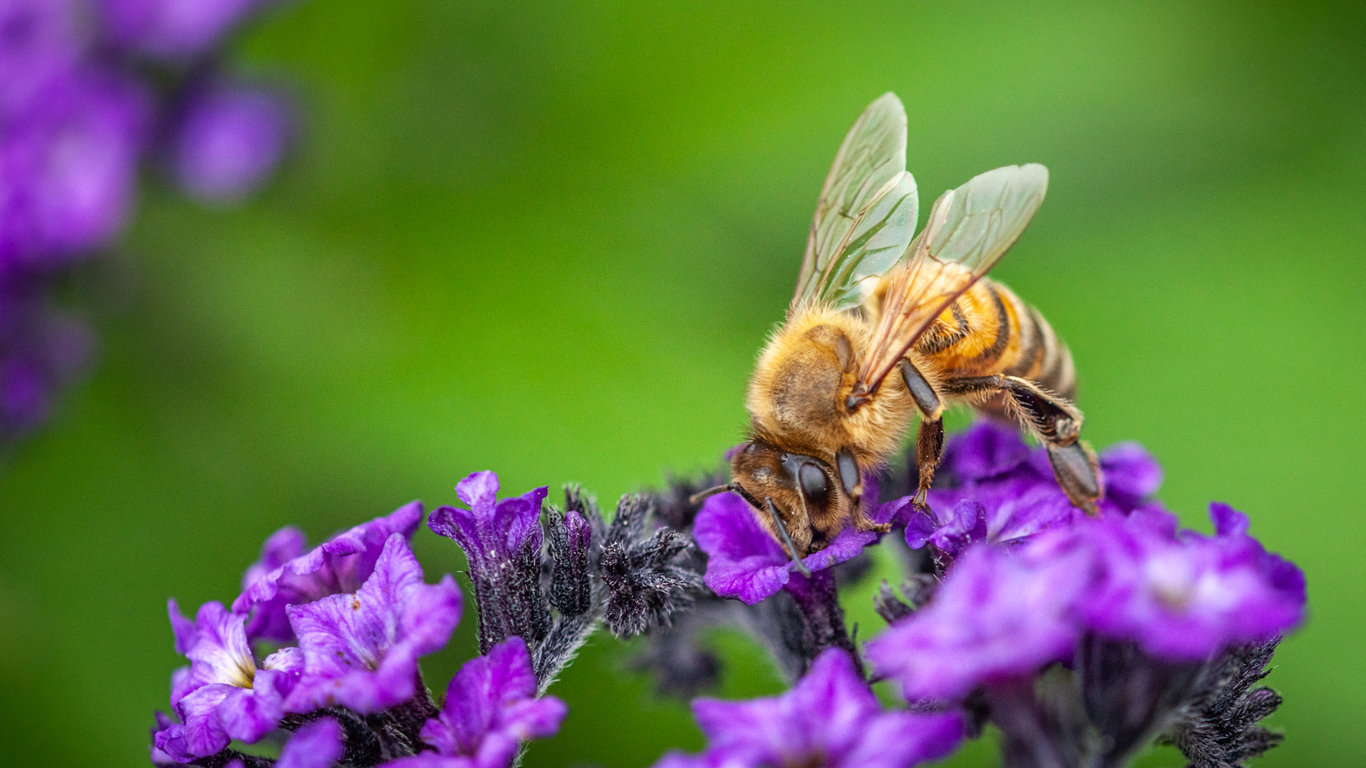
“If you place in a bottle half a dozen bees and the same number of flies, and lay the bottle down horizontally, with its base to the window, you will find that the bees will persist, till they die of exhaustion or hunger, in their endeavor to discover an issue through the glass; while the flies, in less than two minutes, will have sallied forth through the neck on the opposite side… It is their [the bees] love of light, it is their very intelligence, that is their undoing in this experiment. They evidently imagine that the issue from every prison must be there where the light shines clearest; and they act in accordance, and persist in too logical action. To them glass is a supernatural mystery they never had met in nature; they have had no experience of this suddenly impenetrable atmosphere; and, the greater their intelligence, the more inadmissible, more incomprehensible, will the strange obstacle appear. Whereas the feather-brained flies, careless of logic as of the enigma of crystal, and meeting here the good fortune that often waits on the simple, who find salvation there where the wiser will perish, necessarily end by discovering the friendly opening that restores their liberty to them.” From “The Management of Organizational Change Among Loosely Coupled Elements” by Karl E. Weick
I was recently talking to an accomplished athlete who was struggling to perform some of the fundamentals of their sport. After they spent a few minutes breaking down their technique into fine detail with me, I encouraged them to forget it all. “You’re overthinking this,” I told them. “Your own mind is interfering with your ability to let your body do its job.”
Weick, who I might suggest attempts a record for run on sentences and semicolon use in this paragraph, suggests something similar. The bees, who are the more intelligent, allow their logic and knowledge to get in the way of success. The flies find the solution through methods that make no logical sense.
As coaches, and I include myself in this, sometimes we work too hard to be too perfect. We rely on what we know, and our quest to get it right doesn’t always work the way we thought it would. Perhaps we know we’re making the best decisions, but sports aren’t always logical. Sometimes, we need to be the fly and try the opposite of what we think will work. Sometimes, we must also recognize that our athletes are the bees and need to be flies. "No one is ever free to do something he can't think of," says Weick. Perhaps it’s the thinking that limits the freedom.

